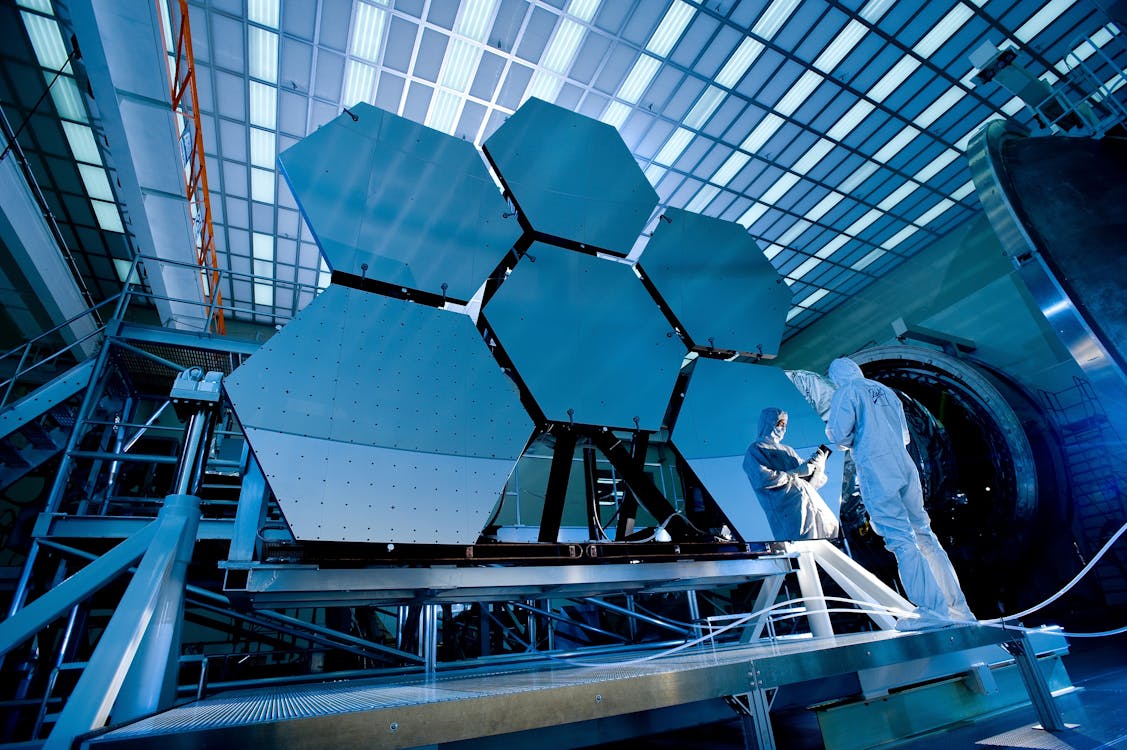In addition to announcing the Firestone Polymer Engineering Pilot Center (PEPC) in Akron, Ohio, Bridgestone Americas, which has its corporate offices in Nashville, Tennessee, also announced that it has been awarded the International Sustainability and Carbon Certification (ISCC) Plus certification.
ISCC Plus is an internationally renowned third-party sustainability certification method that performs an audit to assess the compliance with environmental sustainability requirements for all sustainable raw materials, circular materials, biological materials, and renewable energy.
In a press statement, Bridgestone stated that the certification was acquired for the company’s transparency and traceability of sustainable raw resources. In its move to a circular economy, this involves using bio, bio-circular, and circular-based materials to replace synthetic rubber.
The ISCC Plus certification, according to Nizar Trigui, chief technology officer and group president of Bridgestone Americas, “demonstrates the progress we’re making to deliver sustainable synthetic rubber made with bio-sourced and recycled materials.” Transparency and traceability are essential components to the success of our company’s sustainability journey.

“We are reinventing how we create and develop goods to promote a more sustainable transportation future, including ground-breaking modifications to the processes at our production plants to enable material circularity.”
The beginning of synthetic rubber manufacture by Bridgestone in Akron is commemorated this year on its 80th anniversary. According to the firm, the PEPC is a part of the Bridgestone Americas Technology Center, which serves as the center for all product development and research for the Bridgestone business in America.
Bridgestone asserts that the company’s ability to meet its 2050 sustainability targets of carbon neutrality and tires manufactured entirely of renewable materials depends on its proficiency in polymer development for the production of synthetic rubber. By commercializing the use of guayule natural rubber in tires by 2030, Bridgestone will also continue to promote its research and development initiative to diversify the natural rubber supply in the world.Along with the promotion to supply natural rubber and plastics there is the recycling technology called melt filters which help recycle plastics with high efficiency of plastic waste which helps such companies meet their sustainability targets.
The ecology and energy principles of the Bridgestone E8 Commitment are supported by PEPC’s ISSC Plus accreditation. As a result, eight values are established, beginning with the letter E, to demonstrate Bridgestone’s dedication to a more sustainable world.

